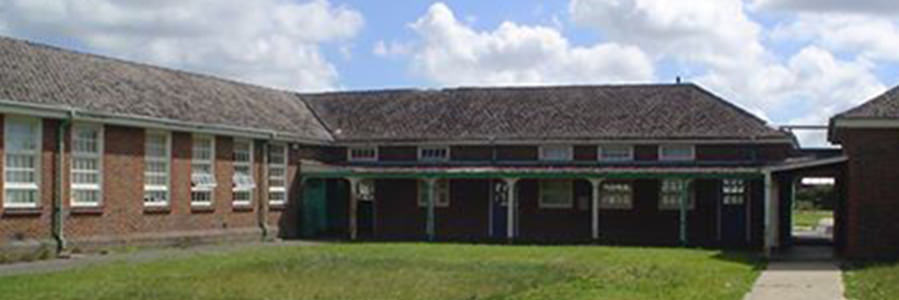Martin Fagg, schoolmaster, writer, competition setter: born Bromley, Kent 15 May 1929; died Wareham, Dorset 16 August 1993.
‘His mind was wry, ironic, styptic, sceptic, brittle: / He knew about a lot of things – but only a very little.’
So Martin Fagg wrote about himself. The first line was probably true, the second half true. He was indeed widely informed, in history, music, and literature, and widely travelled also. His career as a teacher spanned America, New Zealand, King’s, Worcester, and finally Chichester Boys High School, where he was an inspiring Head of English.
Those interested in literary competitions will remember him as a dominant and deserving winner from the Fifties to the Eighties; unless they were led astray by his use of noms de plume, ‘Jonathan Fernside’ being a common one. In the Spectator, the New Statesman, and the Times Educational Supplement, there seemed no writer he could not parody.
His work is in anthologies here and there, especially in those edited for Penguin/Viking by the late Eric Parrott. In the five beginning with ‘How To Become Ridiculously Well-Read In One Evening’, he did a large share of the work. He also wrote reviews for the Church Times and the Times Educational Supplement.
This gifted person was born in Kent in 1929 and educated at Bromley County School and Worcester College, Oxford. He was a kind man, unmarried and restless, who gave his entire attention to what he was doing and produced excellence in short verse. His personal charm was considerable; he could communicate it in turn to each person at a party, or pour it into the piece he was writing. Later, when he suffered from acute depression, the cost to him became apparent.
Retirement expanded his opportunities. He travelled far, especially to his beloved Italy, ran literary courses, and, under the name of ‘Charybdis’, gave his energy to acting as competition setter for the Times Educational Supplement. When he relinquished that task, owing to illness, the competition ceased.
Though he had the imposing permanent address of ‘The Palace, Chichester’, he purchased other properties in various places, including Wareham, where he died.
Even the most original writers are to some extent imitators, using other people’s words and ideas to shed light on their own concern. Parodists are frank about this but do not, therefore, lack originality. If you read Martin Fagg’s parody of, say, CP Snow, you will find light shed not only on the author but on a whole way of living and thinking. His work, like himself, is always fun, always vital.
‘Always almost getting somewhere, he rarely, if ever, got:
His life was one long side-track, he browsed and mooched a lot’
This, Martin Fagg’s modest and light-hearted self-assessment, shows his charming sense of an inadequacy that simply was not there.
Paul Griffin
From The Independent Wednesday 25 August 1993

